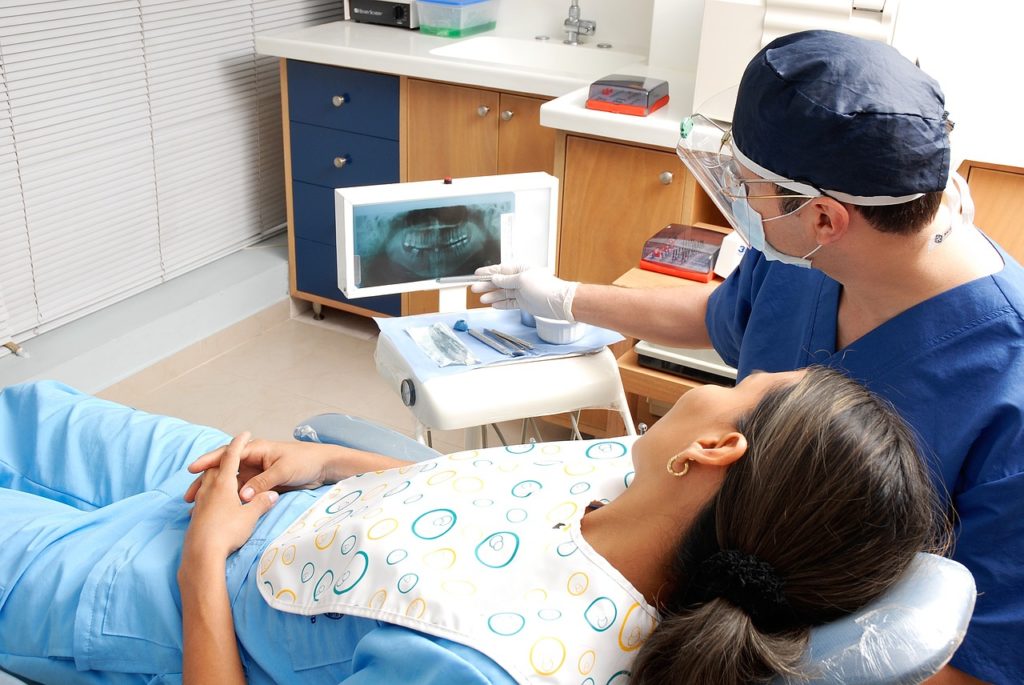Whether you’re fresh out of dental school or a veteran who’s ready to venture off on your own, starting a dental practice can be a daunting task. There are several factors involved, from the budget to staffing, and any mistakes early on can lead to bigger problems in the future. Make sure you’re prepared for this business endeavour by learning all there is to know about starting a dental practice.
Step 1: Understand Your Budget
Starting a new dental practice in the UK can cost anywhere from £80,000 to £600,000. That is a large sum of capital for most, and access to it might require you to seek other funding sources. Before you apply for a loan, determine the closest estimate you will need for initial costs. These include the setup of the clinic, daily operating costs for the first six months and even incidentals. Accomplishing this will also help you determine how well you can keep up with payments.
Step 2: Find a Location
Do your research before settling on a location. The empty office space you found might be impractical when the area has several other dental practices. But this doesn’t mean you should settle on a place that doesn’t have any clinics. In choosing a location, consider its accessibility, its cost and its proximity to your potential clients.
Step 3: Purchase Equipment
 Purchasing necessary equipment, supplies and furnishings for your dental practice will take time and result in a hefty cost. Make sure you get everything you need by making a checklist of all essential items. Do your research to find the best dental equipment suppliers that offer competitive pricing. For other supplies and furnishings, consider finding a supplier that provides deals and discounts or bulk purchases.
Purchasing necessary equipment, supplies and furnishings for your dental practice will take time and result in a hefty cost. Make sure you get everything you need by making a checklist of all essential items. Do your research to find the best dental equipment suppliers that offer competitive pricing. For other supplies and furnishings, consider finding a supplier that provides deals and discounts or bulk purchases.
Step 4: Hire Your Staff
Determine who you need in your in-house team. This will help you allocate the necessary budget for job posting, screening, hiring and training. Apart from employee salaries, you will need to allocate budget for time off, health insurance and other benefits. Choose to outsource tasks that have no direct impact on income-generating activities. You can outsource accountancy services so that your dentists can focus on what you hired them for.
Step 5: Apply for Licences and Other Legal Documents
The legal aspects of starting a dental practice take a long time to accomplish. Don’t wait until the last minute to apply for licences and credentials. If you’re unsure of what you need exactly, hire a professional to manage these tasks. Although it is another expense, you gain access to their expertise on the matter. Let them file the necessary paperwork for your dental practice, so you can focus on the other aspects of this endeavour.
Step 6: Attract Patients
Once you have finished setting up the clinic, you can start advertising. Make sure you have patients lining up at your opening by launching a marketing campaign. The channels you decide on will depend on your target audience. Traditional channels, such as local print, radio and TV, will likely attract the older set. If you’re looking for younger patients, consider advertising online through various social media platforms.
Make sure you’re fully prepared for this business endeavour by following these steps.
